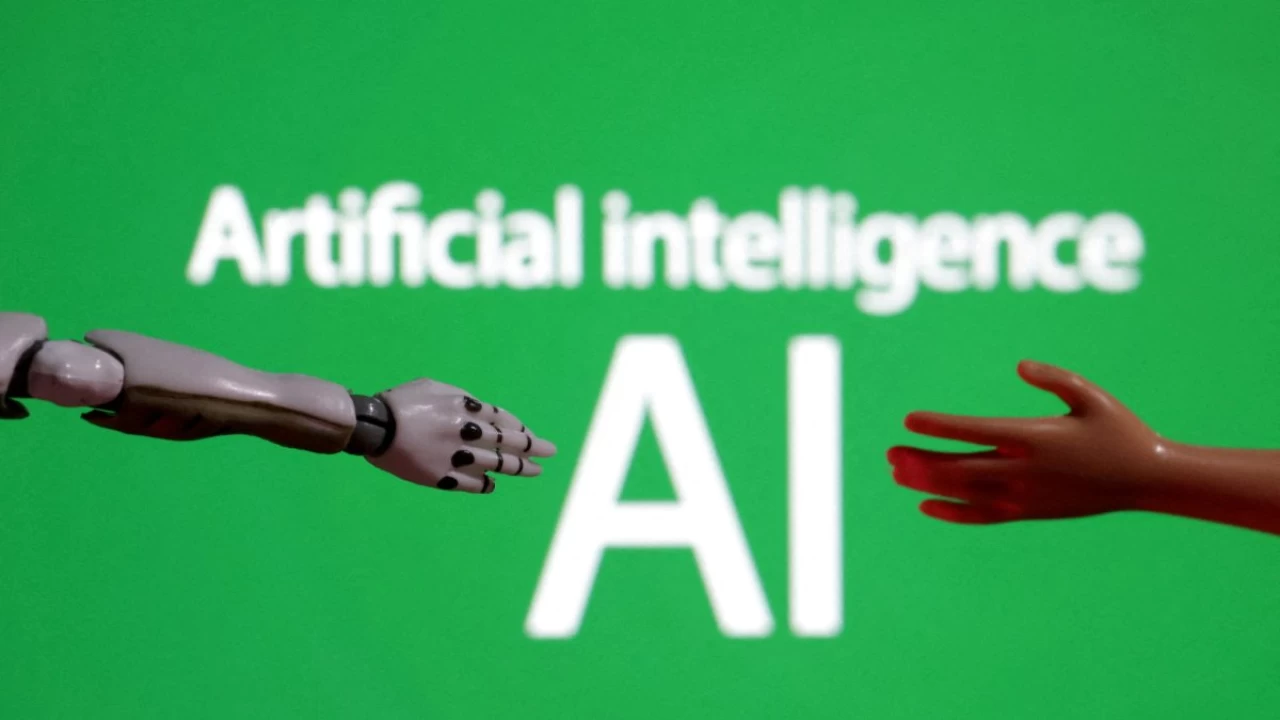Assistive Technology Empowering Students with Disabilities
For Makenzie Gilkison, struggling with spelling has been a significant challenge throughout her academic journey. Words like "rhinoceros" would often come out as "rineanswsaurs" due to her dyslexia, leading her to feel inadequate in her early school years.
AI Revolutionizing Education for Students
Despite these challenges, assistive technology powered by artificial intelligence has been a game-changer for Makenzie and many other students with various impairments. Through the use of AI chatbots, word prediction programs, and text-reading tools, students like Makenzie have found a new level of independence and success in their academic pursuits.
Education Department's Embrace of AI
The U.S. Education Department has emphasized the importance of integrating AI tools for students with disabilities, ensuring access to technologies like text-to-speech and alternative communication devices. Schools are now required to make apps and online content more accessible to cater to the diverse needs of students.
AI's Impact on Learning and Accessibility
Artificial intelligence has opened up new possibilities for students, allowing them to summarize complex information, translate texts, and improve their learning experiences. While concerns exist about the ethical use of AI in education, the benefits for students with disabilities are undeniable.
Balancing Technology and Educational Goals
While AI can provide valuable support for students with disabilities, educators stress the importance of ensuring that students still actively engage in learning and skill development. AI tools should complement, not replace, the educational goals set for each student.
Future of AI in Education
As schools continue to explore the potential of AI in education, researchers are developing new tools to assist students with a wide range of challenges, from speech impairments to reading difficulties. The National AI Institute for Exceptional Education is at the forefront of research in this field, aiming to create innovative solutions for students with diverse needs.
Challenges and Opportunities Ahead
While AI offers immense potential for transforming education, challenges such as ensuring accessibility, ethical use, and proper implementation remain. Schools and educators must navigate these complexities to provide all students, including those with disabilities, with equal opportunities for learning and growth.
















